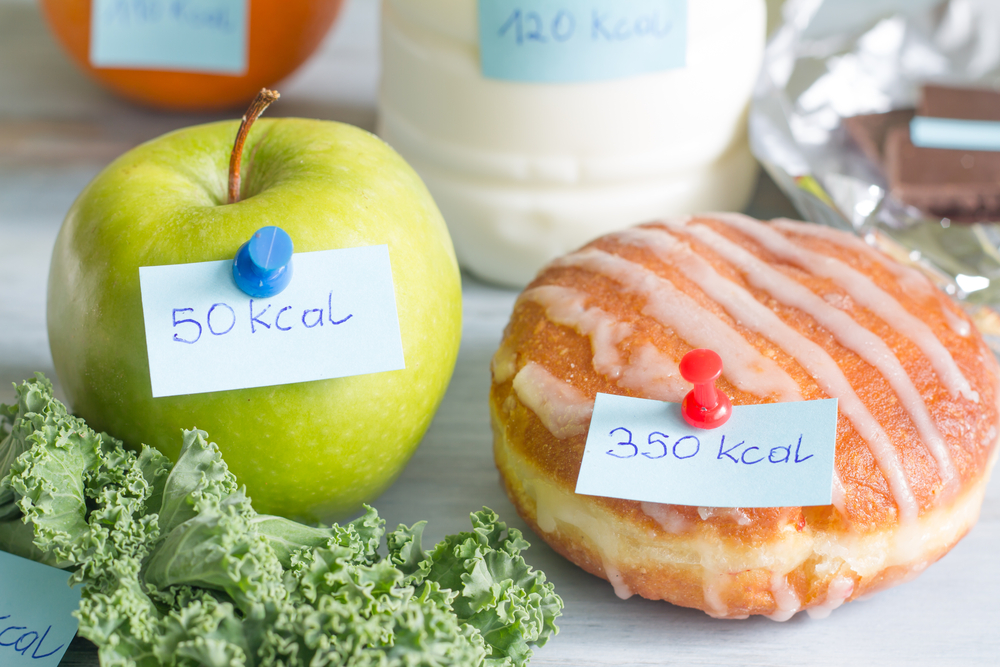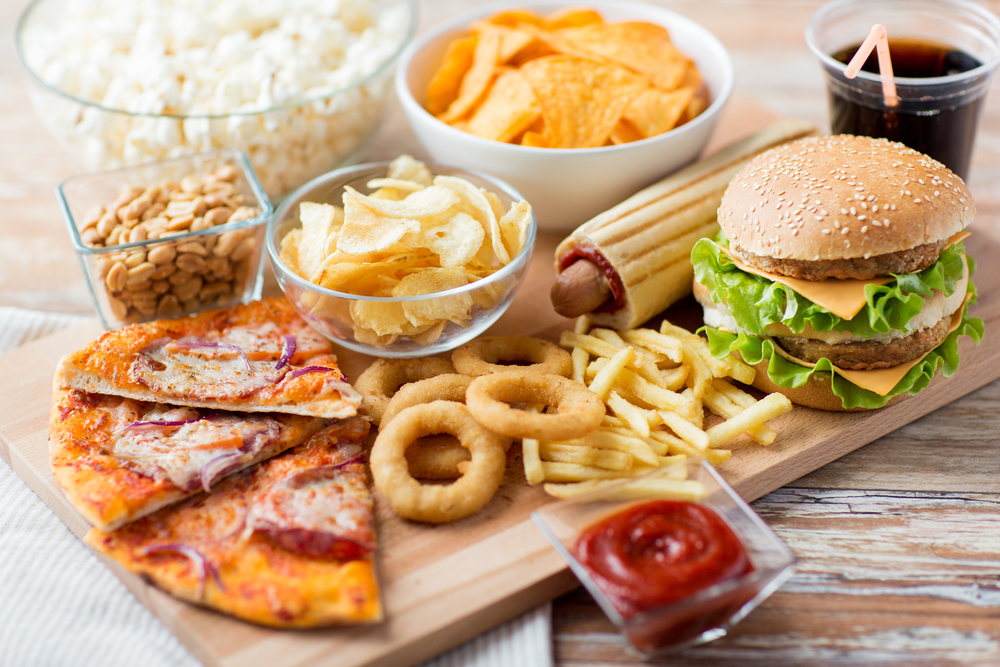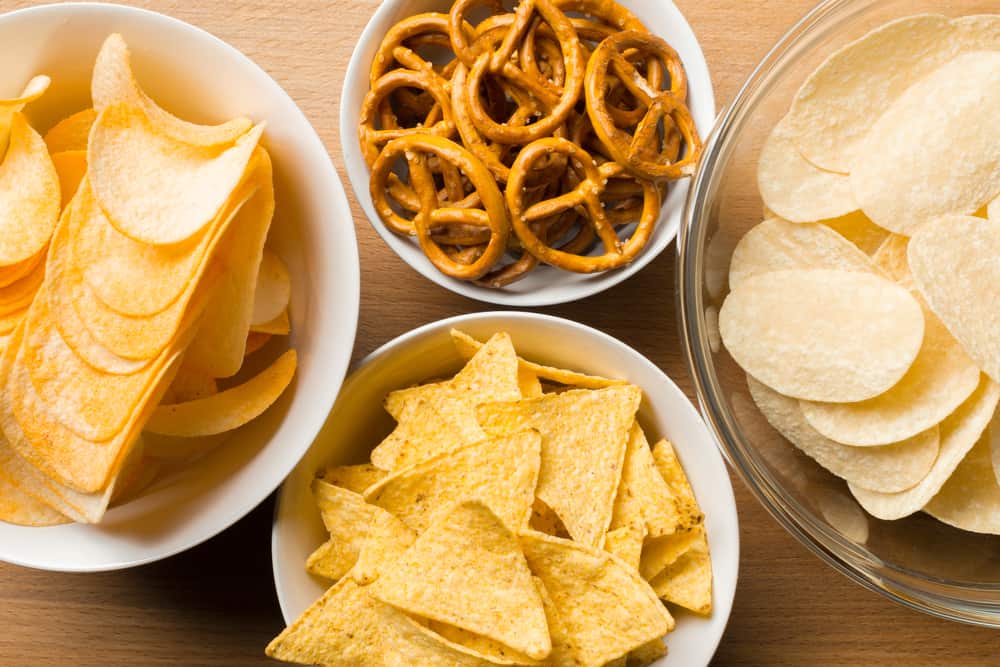Contents:
- Medical Video: Nutritional Calculations : How to Calculate Nutritional Values
- What are calories?
- Source of calories from food and drinks
- There are also empty calories
- Solid fat and added sugar:
- Solid fat:
- Additional sugar:
- What is my daily calorie requirement?
Medical Video: Nutritional Calculations : How to Calculate Nutritional Values
You may have heard about calories a lot. Especially if you are losing weight, so you must limit your daily calorie intake. However, what exactly are calories and why does this seem to be an enemy to many people? Is it true that calories are an enemy to health? Well, so as not to mistaken the question of calories, first consider the full explanation below.
What are calories?
According to the Medilexicon medical dictionary, calories are units of heat or energy content. However, more precisely calories are the amount of energy you get from food and drink, or the energy we burn through daily activities. Simply put, calories are energy needed by the body to be able to move and carry out their functions properly.
For example, an apple that you eat contains around 80 calories. Meanwhile, walking for 10 minutes requires around 30 calories. How many calories your body burns depends on your height, weight, age, gender, and level of physical activity.
There are two types of calories, namely:
- Small Calories (Cal)
- Large calories (Kal, Kkal)
It should be noted, 1 large calorie (1Kcal) is equal to 1,000 small calories.
When viewing nutritional labels on food or beverage packaging, the calories listed are large calories, namely kilocalories (Kcal). The chocolate snack mentioned has 250 calories, actually contains 250,000 calories.
Uniquely, most people think calories are only in food and drinks, even though anything that contains energy has calories. Even coal contains calories, but indeed humans will not get important nutrients from coal, so there is no point in consuming these sources of calories.
Source of calories from food and drinks
Calories are one of the basic human needs in order to survive and carry out daily activities. Calories can be obtained from consumption of food and drinks. Almost all types of food and beverages contain calories. Even tea that doesn't use sugar contains calories even though it's very little.
How come? Well, these calories are actually not a nutrient or nutrient, but can be obtained from various types of nutrients. Yes, calories can be obtained from macro nutrients such as protein, fat, and carbohydrates. These three nutrients will be digested in the body and later converted into calories. If it has become a calorie, then your body can use it as an energy source.
Therefore, any food and drink containing protein, fat, and carbohydrates certainly contains calories. The amount of calories is different. Calories from natural foods such as fruits and vegetables are usually lower than the calories of processed foods such as packaged potato chips, donuts, and others.
There are also empty calories
Empty calories are the type of calories derived from solid fat and added sugar in food products. Empty calories have very little nutritional value, no dietary fiber, amino acids, antioxidants, minerals or vitamins that matter. Empty calories make the food taste more delicious but can cause obesity if consumed in excess.
Now, this type of empty calories is often touted as an enemy to health. Especially for those who want to lose weight or who are maintaining an ideal body weight. Beyond that, calories are an important intake that everyone must meet every day.
The foods below have quite a lot of empty calorie content:
Solid fat and added sugar:
- Ice cream
- Donuts
- Priest
- Pastry
- Cake
Solid fat:
- Fried
- Ribs
- Smoked meat
- Sausage
- Cheese
- Pizza
Additional sugar:
- Soft drinks with fruit flavorings
- Isotonic drink
- Energy drink
- Soft drink
What is my daily calorie requirement?
In order not to overload or lack calories, you need to know what your daily calorie needs are. Well, each person's calorie needs vary depending on several factors. Therefore, you need to calculate it with the right formula. Don't worry, so the results are accurate You can calculate what your daily calorie needs are in this BMR calculator or at the following link: bit.ly/kalkulatorBMR.
After knowing what your calorie needs are, you need to design a balanced diet and physical activity menu. You can ask for help from a nutritionist orpersonal traineryour sport to prepare the healthy life plan. You are also advised to consult a doctor if you have certain medical conditions such as diabetes, heart disease, autoimmune diseases, and digestive disorders.













